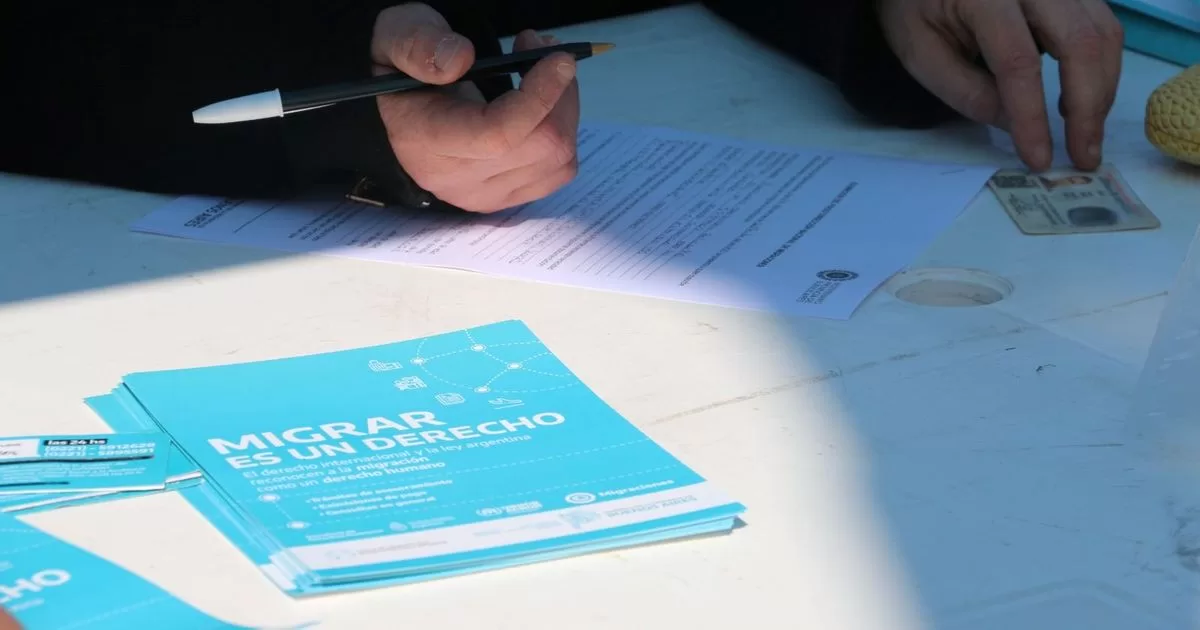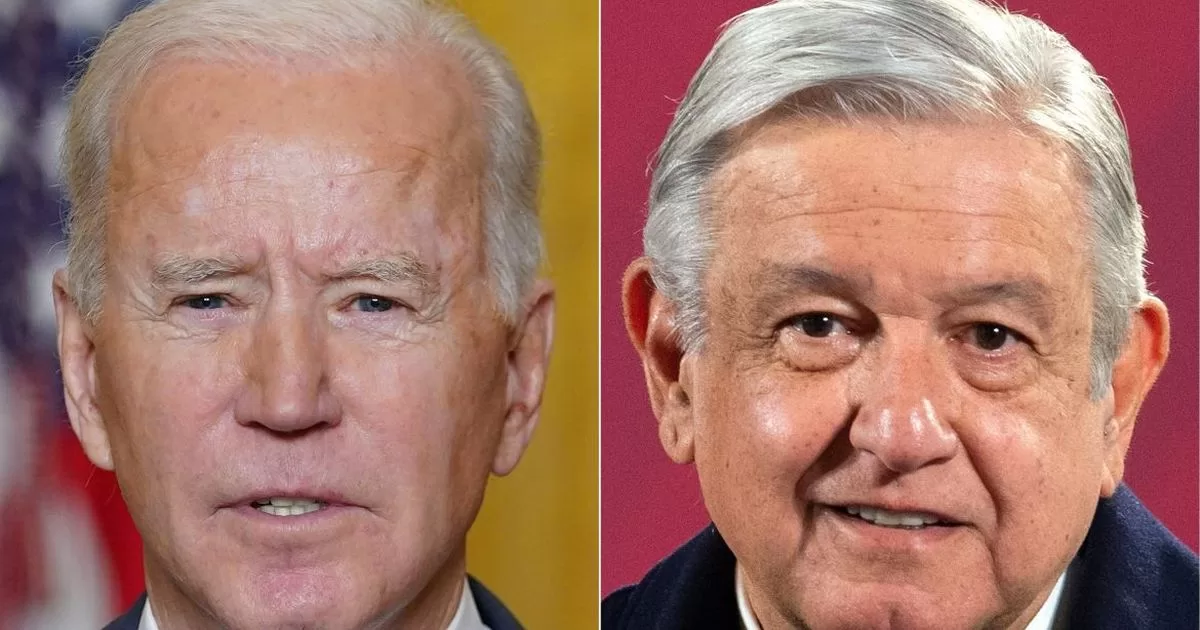Almost a year after the start of the Russian war of aggression against Ukraine on February 24, 2022, around 60,000 Ukrainian war refugees found refuge in Berlin. That is the estimate of the Berlin Senate, which Senator for Integration Katja Kipping (left) presented on Tuesday after the Senate session. The estimates had previously been significantly higher.
At the end of last year, the governing mayor Franziska Giffey (SPD) spoke of “over 100,000” refugees from Ukraine. Some have now moved on to other regions, while others have returned to Ukraine, Kipping said. According to the Senate, more than 360,000 Ukrainian refugees arrived at Berlin train stations last year. Some of them were then redistributed.
The majority of the estimated 60,000 Ukrainians have found accommodation with private individuals or have found their own apartments. Only a small part, around 4,200 people, is accommodated by the State Office for Refugee Affairs (LAF).
According to Kipping, around 25,000 Ukrainians in the city receive social assistance. According to the senator, 90 percent of those who go to the job center only speak Ukrainian and some also Russian. Language acquisition is the central theme here.
“We did it substantially better than in 2015,” said Kipping, referring to the refugee movement eight years ago. This had led to some chaotic conditions.
Kipping was pleased with the “Ukraine Action Plan”, which finances and coordinates various integration offers. The action plan is “a double co-production,” she said. On the one hand, they have worked together across all Senate administrations and created offers. On the other hand, the action plan is also a “co-production of civil society and the Senate”. It supports language courses, cultural offerings and other participatory projects for Ukrainian refugees. Around 14 million euros were available for this in 2022, and in 2023 it will be around 18.8 million euros.
Senator Kipping renewed her call for the opportunities open to Ukrainian refugees to be opened up to refugees from other regions as well: such as immediate access to the labor market, job center services and easier recognition of some professions. “In Berlin, the Senate agreed from the start that we don’t want two classes of refugees,” said Kipping. Unfortunately, one is bound by federal legislation.
Kipping had also put forward her demand at the refugee summit with Federal Interior Minister Nancy Faeser (SPD). There she noticed “great sympathy” among the integration ministers, she said. But resistance came from Bavaria. “It’s very competitive at the federal level right now.”
At the press conference, the senator also defended the acting head of the State Office for Refugee Affairs (LAF), Carina Harms. This will be on vacation in the coming weeks and will be represented by State Secretary Wenke Christoph (left). “Harms is one of the most committed campaigners to ensure that refugees are well received here,” said Kipping. If they exercise their holiday entitlement after a year of extremely strenuous work, that is only right.
Meanwhile, the selection process for a new permanent head of the LAF is underway. Interviews with applicants are to take place in the next few days. However, Kipping has not yet been able to say exactly when the new line will be set. (with dpa)
To home page




